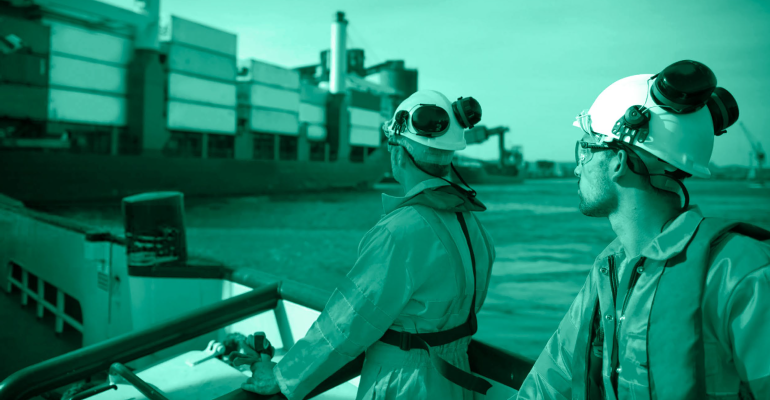The report’s authors—a group of flag states and classification societies—aim to bridge the gap in progress between technology and regulation, specifically gaps affecting safe maritime decarbonisation across The International Safety Management (ISM) Code, International Convention on Standards of Training, Certification and Watchkeeping for Seafarers (STCW) and The Maritime Labour Convention (MLC).
For each gap identified, four in ISM, four in STCW and one in MLC, a recommendation for closing the gap is provided.
MLC lacks reference to alternative fuels, said MTF, a gap which could be closed by adding those references into part B of the convention, its non-mandatory guidelines.
For ISM, the report notes uncertainties related to Safety Management System requirements, development and implementation; emergency procedure development; and maintenance measures. The recommendations for closing those gaps include development of guidance documents, creation of lists of emergency scenarios and drills, and the definition and possible mandating of alternative fuel system maintenance measures.
ISM also had a perceived lack of familiarity of the risks, hazards and control measures related to alternative fuels, a gap which could be closed by industry stakeholders identifying training needs, developing training needs and then providing that training.
STCW, the regulation which sets global standards for seafarer training, had four broad problems when it comes to alternative fuels, according to MTF. Regulatory uncertainty could be tackled with the development of guidelines for model courses with a view to supporting regulatory change. Insufficiencies within model courses could be solved by incentivising stakeholders and training providers to collaborate.
MTF suggested that public and private funds could be provided to training course developers to solve the issue of a lack of incentives for those same course developers.
To deal with inconsistent training implementation, MTF said flag states could review training materials and audit training providers to ensure consistency of delivery and adherence to IMO model courses.
Nick Brown, CEO of Lloyd’s Register which led the study, said: “Understanding the challenges in safely adopting alternative fuels at scale is a critical step to accelerating maritime decarbonisation. This research, led by LR Lead Marine Consultant Yildiz Williams, provides much needed clarity on the hurdles we face as an industry in the safe operation of alternative fuels and the recommendations to overcome those challenges.”
The full report Operational Management to Accelerate Safe Maritime Decarbonisation is available online.
Copyright © 2024. All rights reserved. Seatrade, a trading name of Informa Markets (UK) Limited.
Add Seatrade Maritime News to your Google News feed.  |

